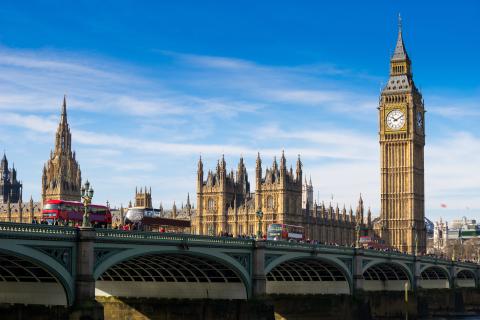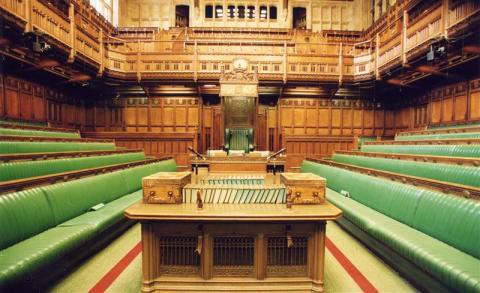Pension schemes and the budget: time to breathe a sigh of relief

Most pension scheme trustees, sponsors and members will be exhaling with relief after Rachel Reeves’s budget left pension savings almost untouched.
The most significant moment in the Chancellor's speech from a pensions perspective was the decision to move inherited pensions into inheritance tax from 2027. This is really a public acknowledgement that pensions are a wage in retirement and not a tool for estate planning.
Some pension scheme members may need to revisit their arrangements for passing on assets after their death. But this change is a matter for financial advisers, not pension scheme governing bodies.
The consequences for pension savers and their employers were expected to be far more material, but it seems that the Chancellor listened to warnings from the pensions industry. Hopefully that (listening) is a sign of things to come!
The budget ended months of speculation
Almost four months have passed since Labour won its landslide victory on 4 July. With the public finances tight and Labour promising to repair public services, Reeves appeared to have the UK’s pension schemes in her sights.
We warned that changes to the taxation of pensions could have unforeseen results – such as undermining the government’s desire to increase pension saving and to see more investment of pension fund assets in productive finance. But, with tax relief on pensions costing the Treasury about £50 billion a year we, like others in the industry, took seriously press reports that Reeves would raise billions of pounds by limiting this relief.
At first, the obvious option seemed to be to reduce the tax-free pension allowances for higher earners, but the government then briefed that this was no longer on the table. Reports then said Reeves would impose national insurance on employers’ pension contributions. This could have had various knock-on effects – the biggest being employers reducing their contributions, leading to smaller pension pots in retirement
Instead, Reeves has increased employers’ national insurance on earnings by 1.2 percentage point to 15% and reduced the threshold above which employers pay NI to £5,000 from £9,100. This, she said, would raise £25 billion.
Other measures that didn’t appear were reforming or scrapping salary sacrifice and reducing the generosity of tax-free lump sums. Both, in their different ways, would have been a headache to implement and could not have been done immediately – so this is also good news for pension schemes and savers.
We found nothing new in the notes
The notes to the budget can sometimes reveal significant details but we can’t see anything new this time. As promised, the government will keep the so-called triple lock on the state pension for this parliament. The basic and new state pension will rise by 4.1% from April 2025, in line with earnings growth. The notes also reiterate Reeves’s goal of getting pension schemes to invest more money in UK growth assets. There is no mention of incentives to encourage this change in behavior. This will be left for the government’s review of the pensions market.
The notes also reiterate Reeves’s goal of getting pension schemes to invest more money in UK growth assets. There is no mention of incentives to encourage this change in behaviour. This will be left for the government’s review of the pensions market
Sense has prevailed on pensions
We may find out more in the coming days about why Reeves chose not to hit pension savers after all. Maybe she concluded that the mooted measures could be construed as breaking her pledge not to increase taxes on working people
And perhaps she listened to the industry’s warnings about undesired effects. Emma Reynolds, the first pensions minister to bridge the Treasury and the Department for Work and Pensions, may take some credit for this
Either way, we think that sense has prevailed. Pension schemes and their members already had enough on their plate without more administration and complexity. Politics aside, the budget is good news for pensions.



